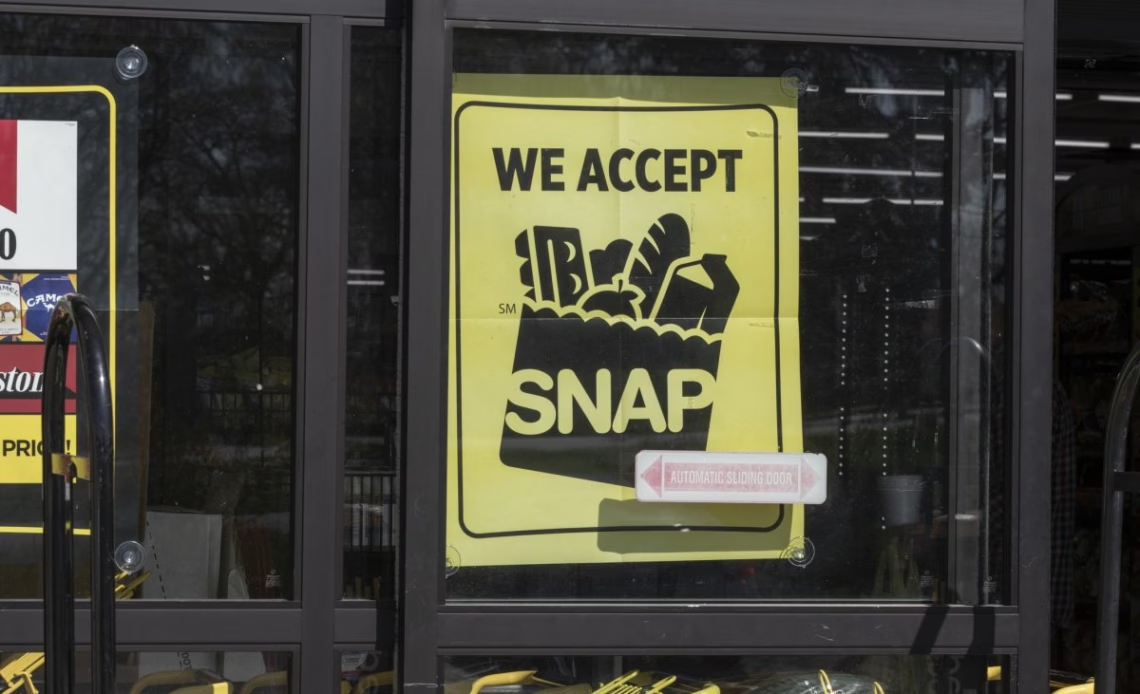New rules for the Supplemental Nutrition Assistance Program (SNAP) contained in the One Big Beautiful Bill Act (OBBBA) have been questioned by Democratic lawmakers.
The bill, which is the centerpiece of President Donald Trump‘s domestic policy, introduces some new financial commitments for states that fail to hold down erroneous payments. Under the new rules, states would for the first time be required to pay toward the cost of SNAP benefits if they have an error payment rate of above 6 percent, starting in 2028. The U.S. Department of Agriculture currently funds the entire cost of benefits.
But carve-outs in the final bill mean that some states may be able to avoid paying, which Democrats have said is “hypocrisy.”
Why It Matters
The SNAP funding changes will mean that many already-strained state budgets will need to pay up if they fail to keep their error rate below 6 percent.
As it stands, based on 2024 error rates, 37 states will need to begin paying for a share of benefits, although there is time for states to reduce improper payments before the policy begins in 2028.
GETTY
What To Know
Under the legislation, starting in the 2028 fiscal year, states can use either 2025 or 2026 error rate to calculate the percentage of benefits it must pay. For 2029 and thereafter, states will use the payment error rate for the third fiscal year preceding the fiscal year for which the state share is being calculated. For example, in 2029, states will use the 2026 error rate to calculate the share.
However, the Republican-backed plan permits a two-year delay in implementation for states with payment error rates of about 13.34 percent or higher—a move Republicans say is intended to help states with high error rates reduce them.
Democratic Senators Amy Klobuchar of Minnesota and Brian Schatz of Hawaii have taken issue with the legislation. Klobuchar said that under the bill, Alaska, Florida, Georgia, Maryland, Massachusetts, New Jersey, New Mexico, New York, Oregon and Washington, D.C., will be exempt from having to pay for a portion of benefits.
Alaska is a key state in the situation. Senator Lisa Murkowski cast a crucial vote for the bill to pass in the Senate last week after…
Click Here to Read the Full Original Article at Newsweek…

